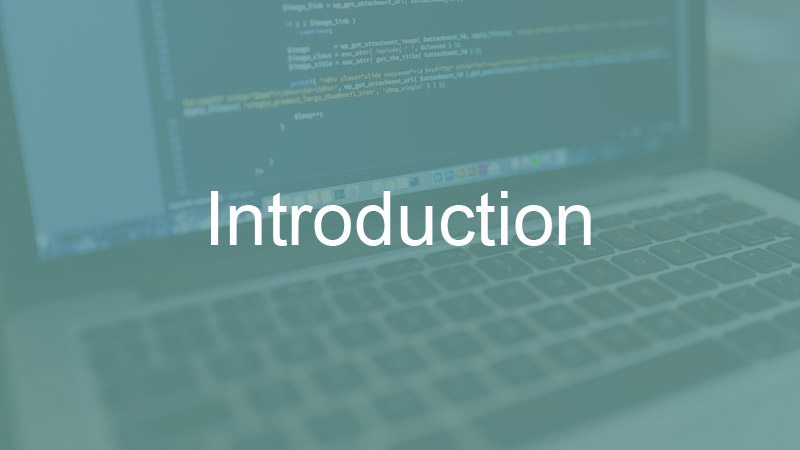Introduction
Episode #1 of the course Getting started with C programming by Sudeshna Das
Hey there! Welcome to Getting Started with C Programming!
Let’s take a quick peek into this course.
This course is designed to give you an easy and gentle hands-on introduction to programming with the C language. Over the next nine days, you will learn how to write simple C programs without having to go through some fat textbook you are supposed to read.
On the tenth day of this course, you should be able to grasp more advanced concepts of C programming with much more ease than you would if you had stuck to poring over a book that, let’s face it, barely makes sense.
While this course will enable you to write simple programs, it is recommended that you follow up with a good book in order to gain insight into this wonderful language. If I may give an example, this course is the “Learn to Speak English in 60 Minutes” version of learning the C language. You will be able to understand common words and speak well enough to communicate basic needs, but you cannot expect to be signed up by BBC for their next radio program.
Likewise, you will be writing simple programs in C in a jiffy, but do not expect to learn the ins and outs of the language in this course. Yes, what they say is true: there is no shortcut!
Enough chit-chat; let’s dive right into the C!
What is programming?
Programming is the process of writing a program.
Now what is a program, you ask. A program is a sequence of steps that a computer can follow. We can also refer to a program as code. But why write a program?
A computer takes some information (input), uses a program to perform some operations on that information, and gives you results (output). This process of using a program on some input to produce output is what we will call “executing” or “running the program” for the purpose of this course.
Now that we know what programming is, it should be sort of obvious to you that in C programming, we use a language called C to write the program or sequence of steps.
However, why learn C? C is one of the simplest and most time-tested languages used today, and many programmers recommend that you learn C before any other language to get a good grasp of programming concepts. With C, you can build simple programs like a calculator or even a whole operating system, like Ubuntu or Windows! Versatility is one of C’s biggest strengths.
Tools you (don’t) need
C has many versions, much like dialects of the English language. Just as asking for a “football” will fetch you a rugby ball in the USA and a soccer ball in the UK, there are minor differences in the way you write C programs on different computers. To save you the headache of installing and getting the hang of a coding environment, all code in this course is tested to work perfectly on Codepad.org, which I find very easy to use for beginners. You can, of course, use this code on other platforms with similar results.
See you tomorrow!
(Disclaimer: I am in no way associated with Codepad.org and cannot take any responsibility for the services provided by them.)
Recommended book
“C Programming Absolute Beginner’s Guide” by Greg Perry
Share with friends

